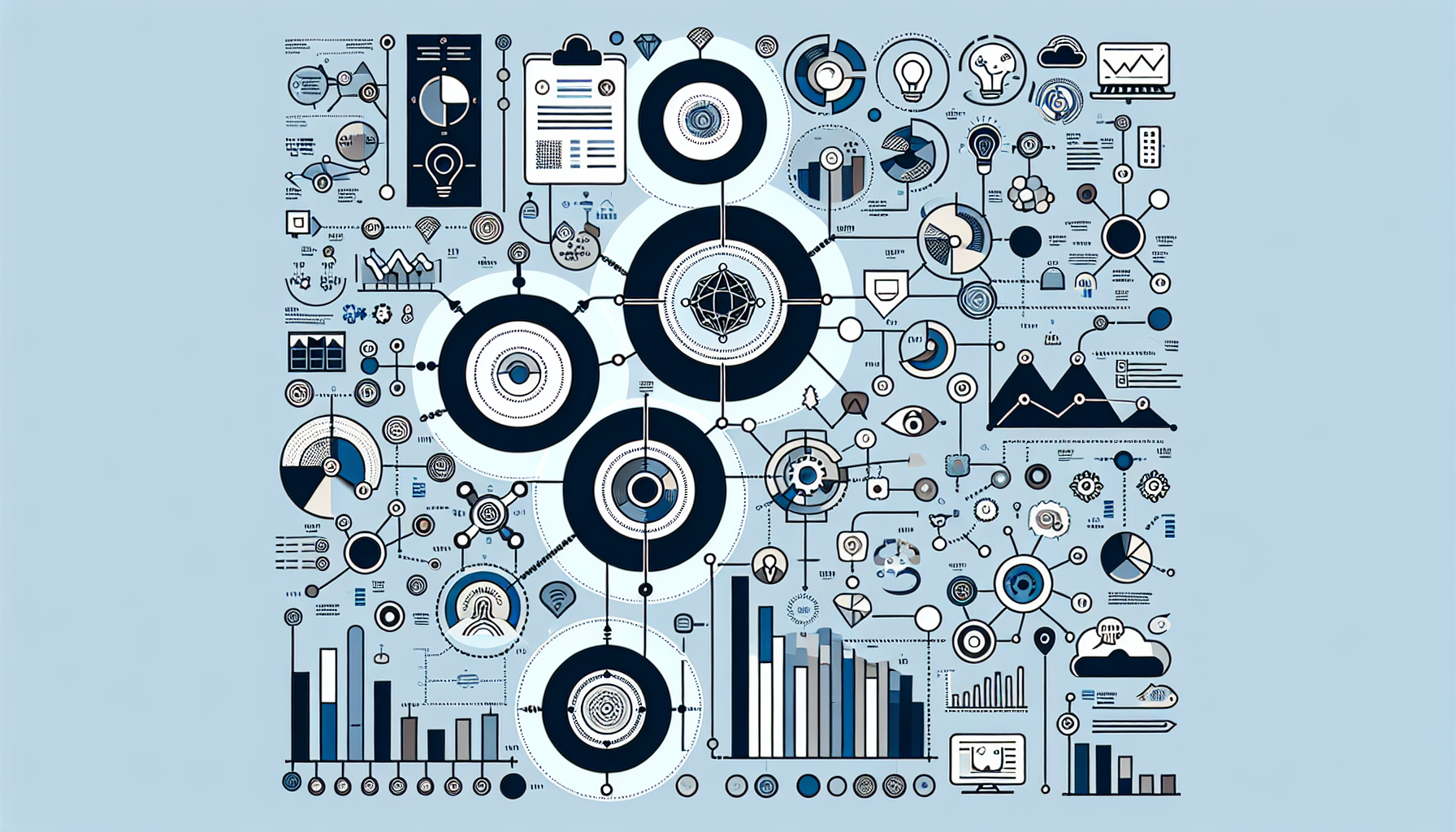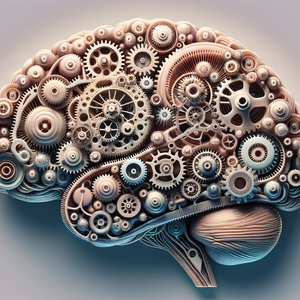The Intersection of Health and Technology: How Innovation is Transforming Patient Care

As healthcare systems around the globe seek to enhance efficiency and patient engagement, the demand for skilled professionals in health technology continues to grow. According to the U.S. Bureau of Labor Statistics, the employment of health information technicians is expected to increase by 8% from 2019 to 2029, a rate much faster than the average for all occupations. This uptick is driven by the need for electronic health records (EHR) systems, telemedicine, and data analytics to optimize patient care. Emerging roles such as health data analysts, telehealth coordinators, and wearable tech developers are becoming critical within healthcare organizations. Health data analysts play a vital role in interpreting complex datasets to identify trends, inform clinical decisions, and improve operational efficiencies. For instance, hospitals employing data analytics have reported reduced readmission rates and improved patient satisfaction scores, demonstrating the significant impact of data-driven strategies on healthcare outcomes.
Enhancing Patient Care with Technology
One of the most profound impacts of technology in healthcare is its ability to enhance patient care. Telehealth services have revolutionized access to healthcare, making it more convenient and accessible for a broader range of patients. Virtual consultations allow patients to receive care from the comfort of their homes, thereby breaking down barriers related to transportation and geographic location. This is particularly beneficial for individuals in rural areas or those with mobility issues, as they can connect with healthcare providers without the need for long travel. Additionally, wearable technology such as fitness trackers and smartwatches empowers patients to take charge of their health by monitoring vital signs and activity levels in real-time. For example, the Apple Watch includes features that alert users to irregular heart rhythms, potentially saving lives by prompting timely medical interventions. Health tech professionals are at the forefront of developing these innovative devices, ensuring that they are user-friendly and capable of integrating seamlessly with existing healthcare systems.
The Role of Innovation in Patient Management
Health technology extends beyond patient interaction; it plays a critical role in managing health systems and improving workflows. Electronic health records (EHR) facilitate the seamless exchange of information between healthcare providers, leading to better-coordinated care. Moreover, artificial intelligence (AI) is increasingly utilized to streamline administrative tasks such as scheduling appointments and billing, allowing healthcare professionals to focus more on patient care rather than paperwork. For instance, AI algorithms can analyze patterns in patient data to predict potential health risks, enabling preemptive interventions. A study published in the journal Nature demonstrated that machine learning models could accurately predict heart failure events, leading to earlier treatment options and improved patient outcomes. This capability underscores the importance of innovation in enhancing patient management and ensuring timely interventions.
Challenges and Considerations
While the integration of technology into healthcare offers numerous advantages, it is not without challenges. Issues such as data privacy, cybersecurity threats, and the digital divide must be addressed to ensure that technology benefits all patients equitably. Health tech professionals must navigate the complexities of regulatory compliance while maintaining a patient-centered approach in their innovations. Furthermore, as technology continues to evolve, ongoing education and training for healthcare providers will be essential to maximize the benefits of these advancements. Health tech professionals must advocate for continuous learning and adaptation to ensure that healthcare teams are equipped to leverage new tools effectively.
The intersection of health and technology is a dynamic and rapidly evolving field that holds great promise for the future of patient care. As healthcare organizations increasingly rely on digital solutions and data-driven insights, the demand for health tech professionals will undoubtedly continue to rise. By enhancing patient accessibility, streamlining workflows, and improving outcomes through innovation, these roles are not only reshaping healthcare delivery but also paving the way for a healthier future. Embracing this transformation will require collaboration, adaptability, and a steadfast commitment to patient-centered care, ensuring that technology serves as a powerful ally in the quest for better health for all. As we move forward, it is imperative that stakeholders across the healthcare spectrum prioritize the integration of technology in ways that enhance care delivery and improve health outcomes, ultimately leading to a more sustainable and effective healthcare system.
Health Data Analyst
Hospitals, healthcare consulting firms, health insurance companies (e.g., UnitedHealth Group, Anthem)
Core Responsibilities
Analyze and interpret complex healthcare data to identify trends and insights that inform clinical and operational decisions.
Collaborate with clinical teams to develop data-driven strategies that improve patient outcomes and reduce costs.
Create comprehensive reports and dashboards to communicate findings to stakeholders.
Required Skills
Proficiency in statistical analysis software (e.g., SAS, R, Python) and data visualization tools (e.g., Tableau).
Strong understanding of healthcare metrics, EHR systems, and data governance.
Telehealth Coordinator
Health systems, telehealth service providers, outpatient clinics (e.g., Teladoc, MDLIVE)
Core Responsibilities
Manage the logistics and operations of telehealth services, ensuring smooth virtual consultations for patients and providers.
Train healthcare staff on telehealth technologies and best practices to enhance patient engagement.
Monitor and evaluate telehealth programs to assess effectiveness and areas for improvement.
Required Skills
Excellent communication skills and familiarity with telecommunication technologies and EHR systems.
Experience in project management and problem-solving in a healthcare setting.
Wearable Technology Developer
Tech companies focused on health and fitness (e.g., Fitbit, Apple), startups in the health tech space
Core Responsibilities
Design and develop wearable devices that track health metrics, ensuring user-friendly interfaces and seamless integration with healthcare systems.
Collaborate with healthcare professionals to ensure products meet clinical needs and regulatory standards.
Conduct usability testing and iterate designs based on user feedback and clinical outcomes.
Required Skills
Proficiency in hardware and software development, including knowledge of IoT (Internet of Things) principles.
Strong understanding of user experience (UX) design and data security protocols.
Health Informatics Specialist
Hospitals, health information exchanges, government health agencies (e.g., CDC, HHS)
Core Responsibilities
Implement and optimize EHR systems, ensuring data integrity and compliance with healthcare regulations.
Analyze health information systems to improve workflows and enhance patient care delivery.
Train healthcare personnel on best practices for data entry and system usage.
Required Skills
In-depth knowledge of health informatics standards (e.g., HL7, FHIR) and data management.
Strong analytical skills and experience with health IT project management.
Clinical AI Specialist
Research institutions, healthcare technology companies, pharmaceutical firms (e.g., IBM Watson Health, Google Health)
Core Responsibilities
Develop and implement AI algorithms to analyze clinical data and predict health outcomes.
Collaborate with healthcare teams to integrate AI solutions into existing workflows and clinical practices.
Monitor AI performance and refine models based on clinical feedback and real-world data.
Required Skills
Expertise in machine learning frameworks (e.g., TensorFlow, PyTorch) and statistical modeling.
Strong background in clinical medicine or healthcare analytics.


